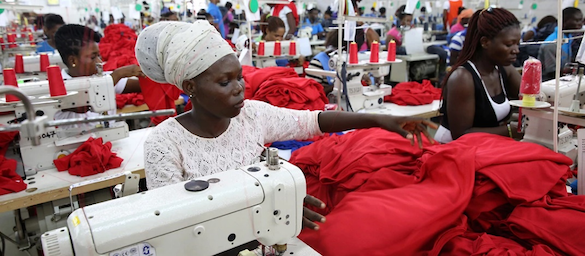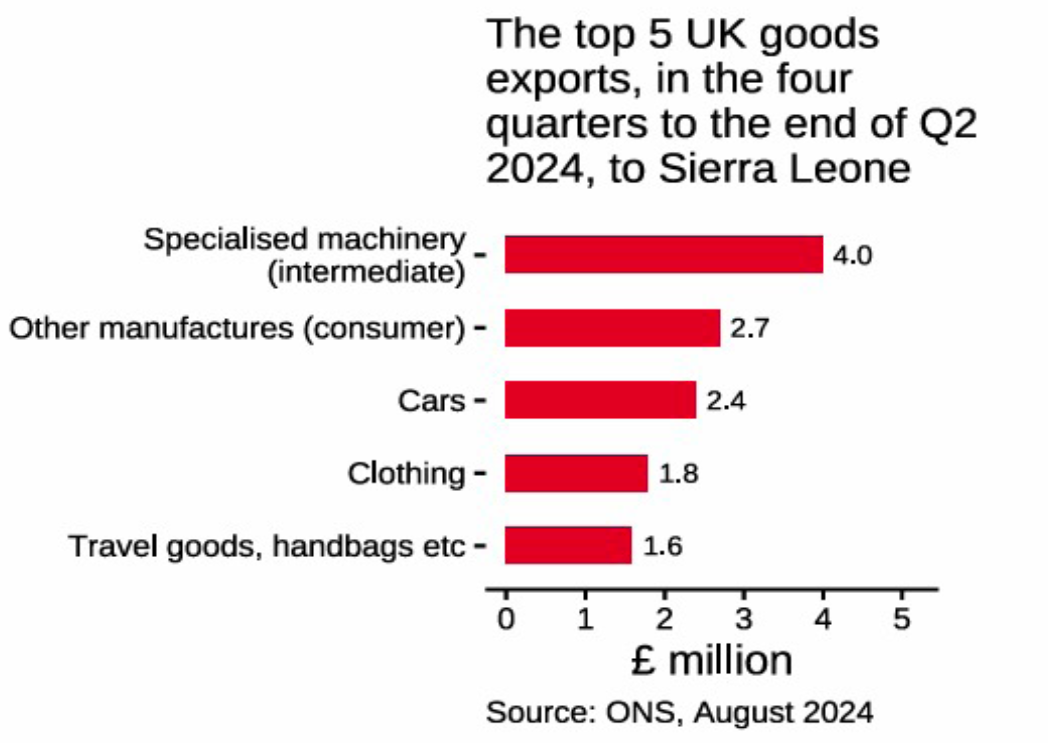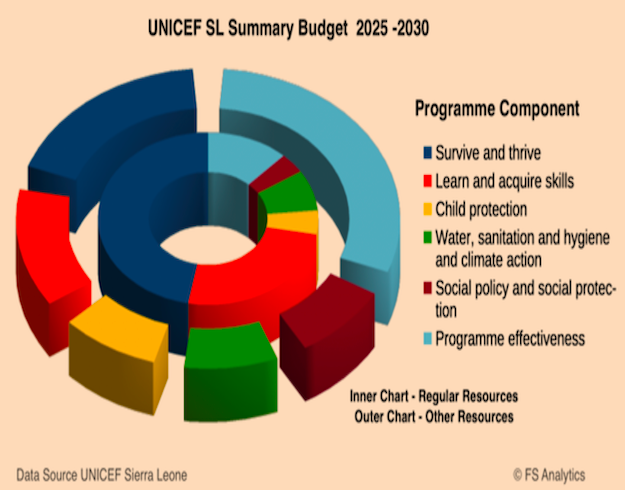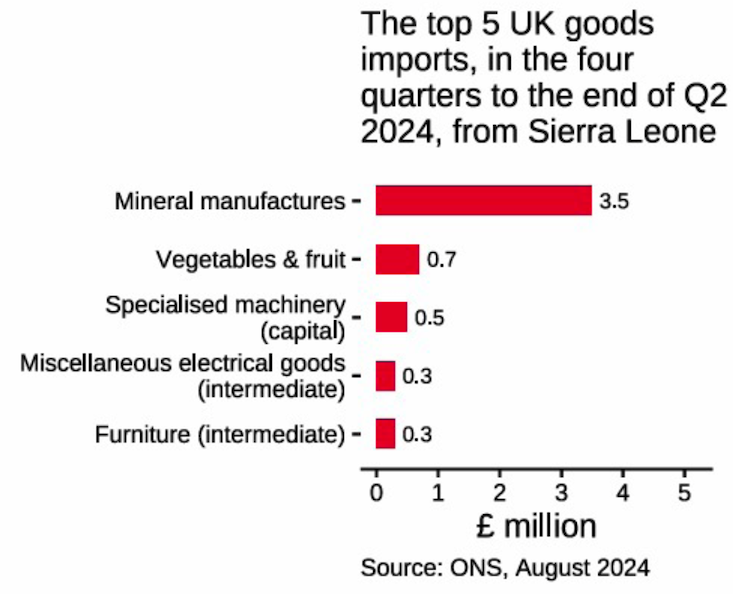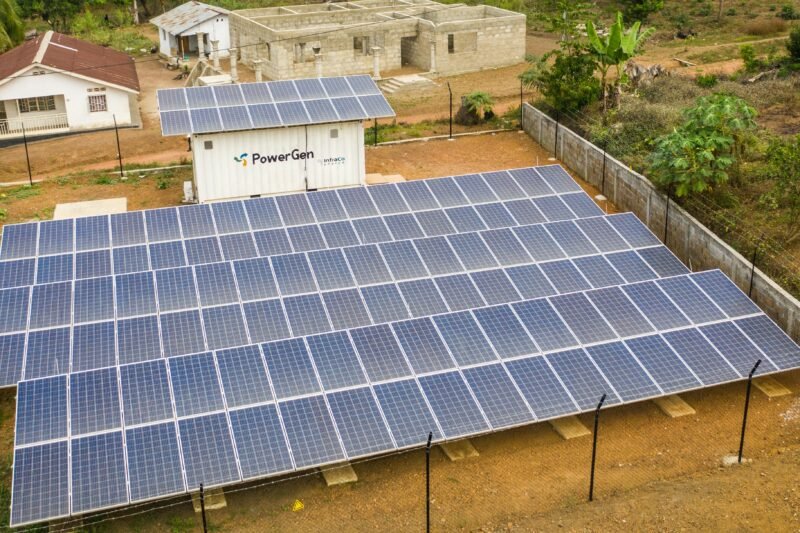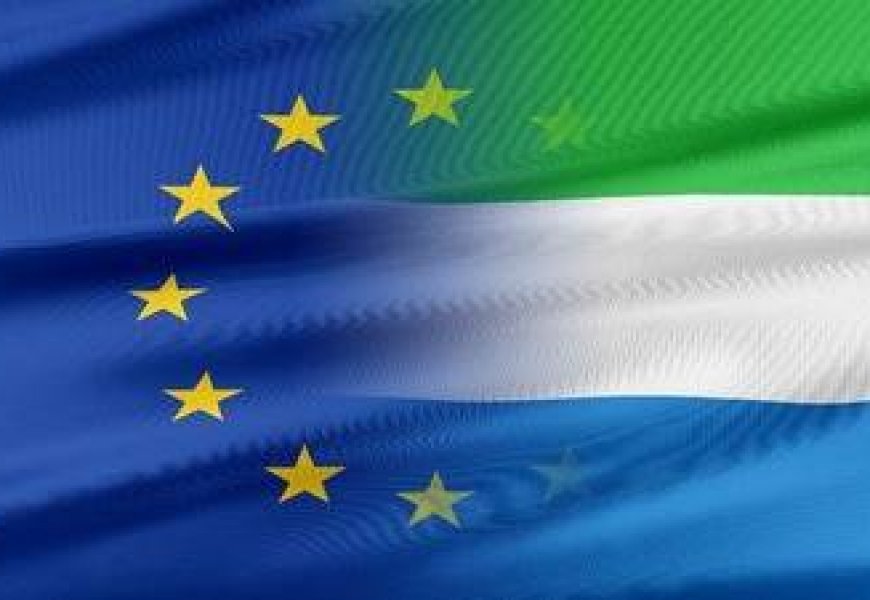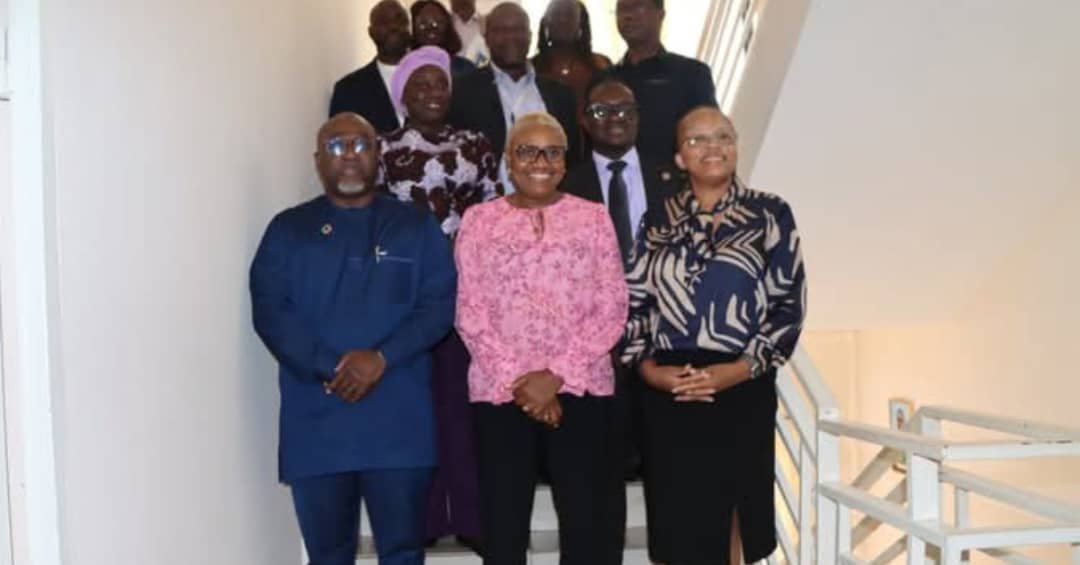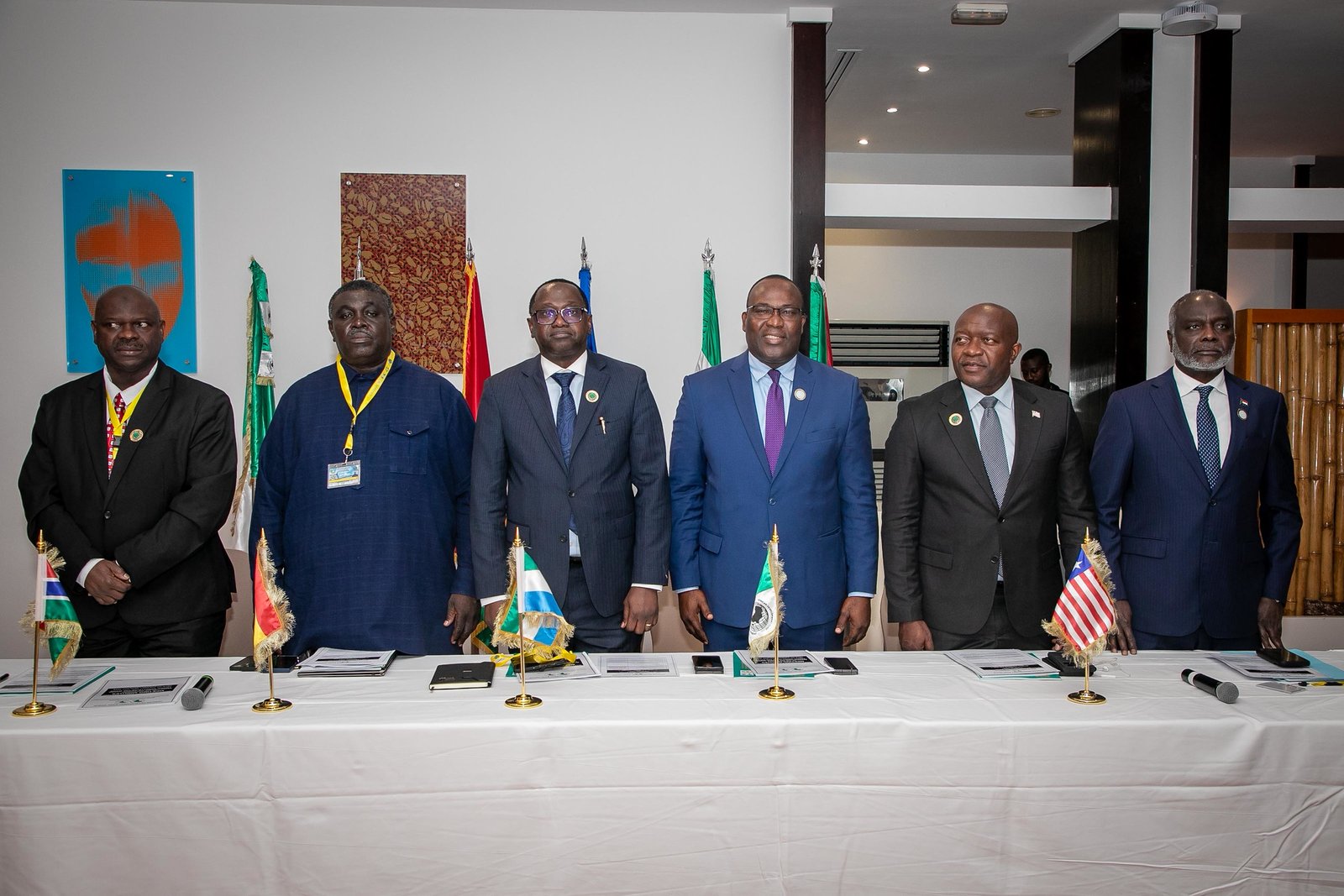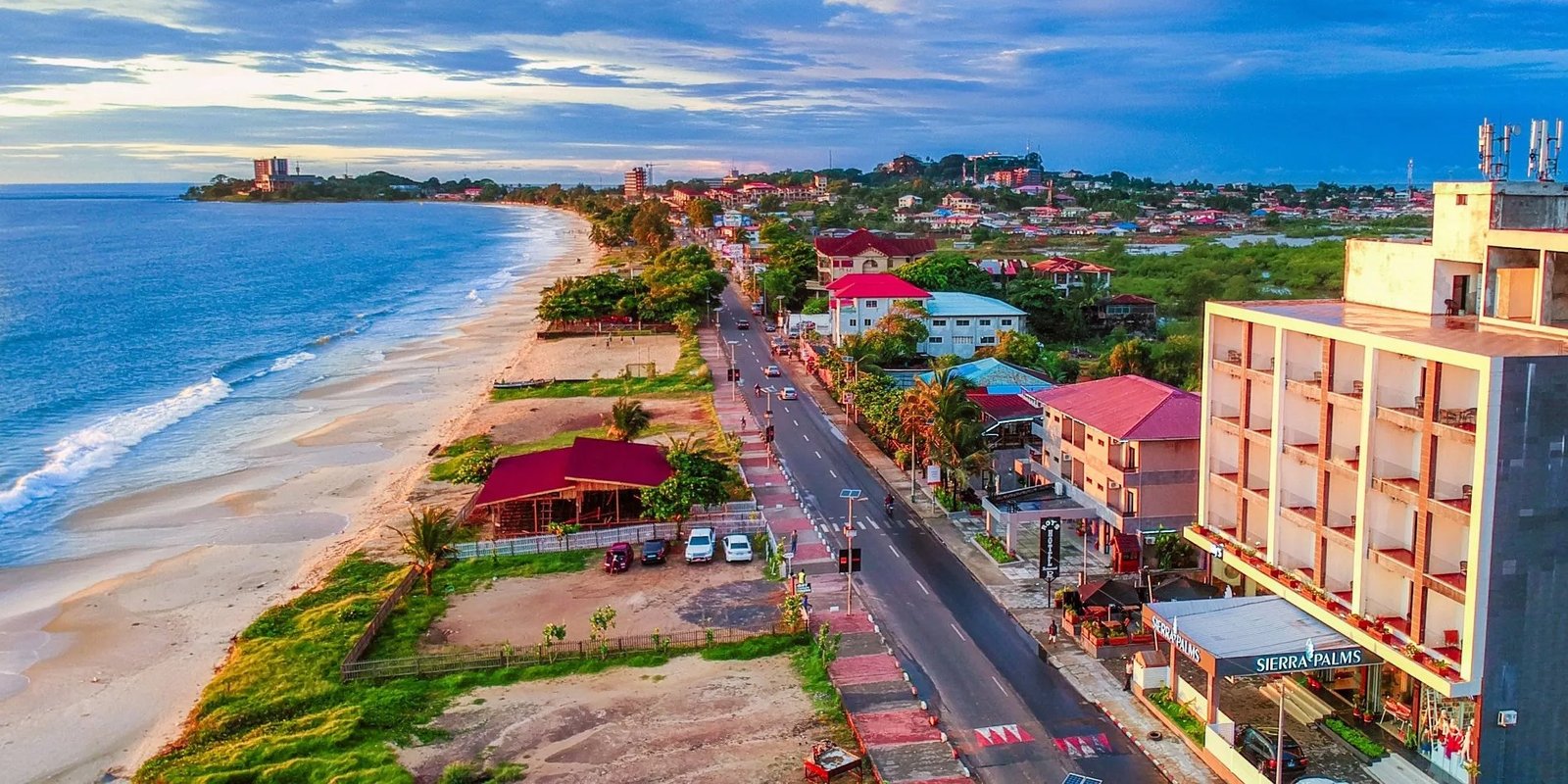EU unveils solar mini-grids initiative for Sierra Leone
An initiative to transform the energy landscape in Sierra Leone through the installation of solar mini-grids has been unveiled.
Known as the Salone Off-Grid Renewable Energy Acceleration Initiative (SOGREA), it is being financed by the European Union (EU) in collaboration with the United Nations Office for Project Services (UNOPS), Sustainable Energy for All (SEforAll), and other partners.
It focuses on providing milestone-triggered capital expenditure (CAPEX) investment support specifically for solar mini-grids.
The SOGREA initiative was presented to President Julius Maada Bio over the weekend in Freetown by EU Ambassador to Sierra Leone Jacek Jankowski who emphasised the significance of the partnership that birthed the project.
He referred to SOGREA as a “major milestone for Sierra Leone,” and commended the collaborative efforts that have brought this initiative to fruition.
President Bio expressed gratitude to the European Union, the United Nations Office for Project Services (UNOPS) – chaired by Dr. Kandeh Kolleh Yumkella, Sustainable Energy for All (SEforAll), and the local energy sector leadership for their collaboration on the project.
The multi-stakeholder approach leverages different expertise and resources, driving collective action towards achieving energy sustainability.
This partnership, according to the EU, exemplifies the importance of international support in addressing local challenges. The EU has a long-standing commitment to fostering energy security and sustainability in developing countries, especially Sierra Leone and SOGREA is a timely realization to the country’s urgent need.
The model for Sierra Leone has been designed to not only increase energy access but also build the country’s resilience against the adverse effects of climate change. It addresses the dual challenge of energy poverty and climate action, aligning closely with global sustainability commitments.
SOGREA presents the transformative opportunity to enhance energy, infrastructure, and promote sustainable practices. The implications to drive economic growth are:
- Job Creation: The construction and operational phases of solar mini-grids will create numerous direct and indirect job opportunities. Skilled and unskilled labourers will be needed for installation, maintenance, and operation, contributing positively to the local economy.
- Investment Attraction: A commitment to green energy can be more attractive to both local and foreign investments, as investors are increasingly looking for sustainable projects that align with global environmental, social, and governance (ESG) criteria.
- Increased Energy Access: By providing energy to previously underserved communities, SOGREA can enhance productivity in sectors such as agriculture, education, and healthcare. Businesses will benefit from improved reliability and reduced energy costs, stimulating local entrepreneurship.
- Cost-Effectiveness: Solar energy project implementation is often viewed as a cost-effective solution to meet energy demands in rural areas, where extending the conventional grid can be prohibitively expensive. The integration of renewable energy into the country’s energy mix is not only environmentally friendly but also economically rational.
The commitment to green energy will serve as a model for other countries facing similar challenges, proving that collaborative efforts with international partners yield transformative outcomes.
09-06-2025

